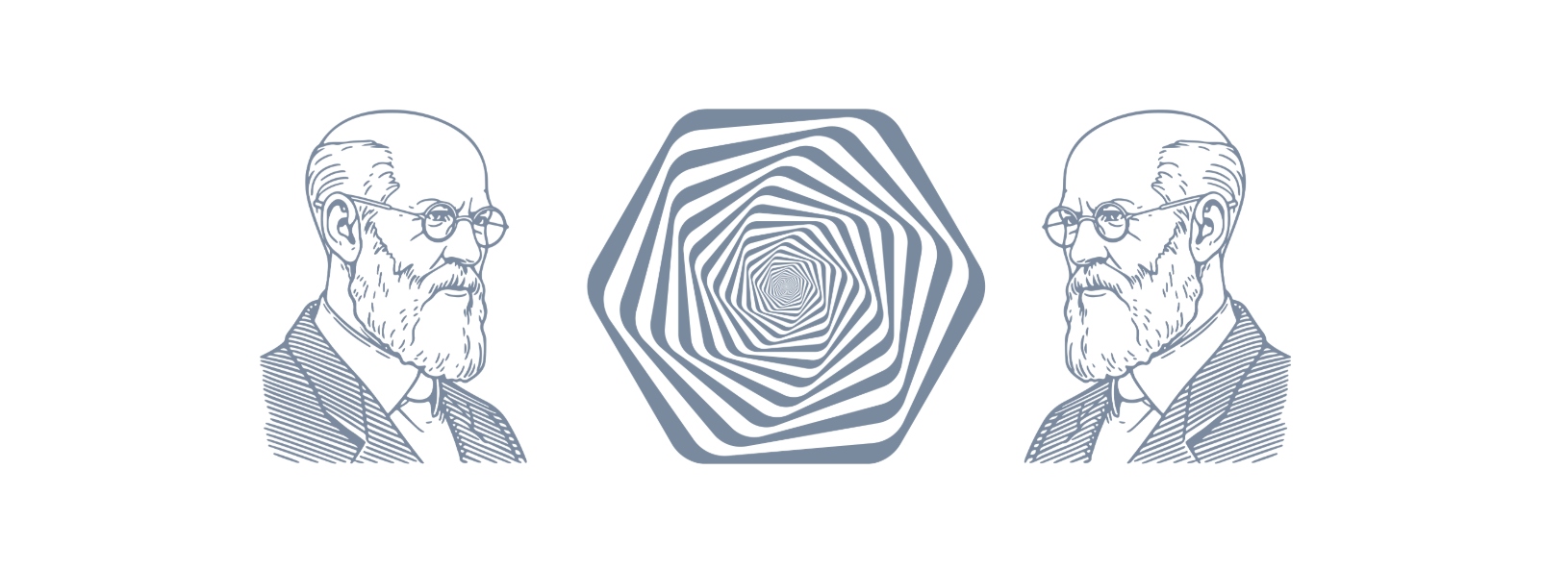Is Hypnosis Real or Fake? What Science and Experts Say
When you hear the word hypnosis, you might wonder: Is hypnosis real or fake? With TV shows, stage acts, and old myths clouding the truth, it’s easy to see why people question it. But if you look at modern research and real-world results, you’ll find that hypnosis is very real — and backed by decades of scientific evidence.
What is Hypnosis — Really?
At its core, hypnosis is a natural state of focused attention and heightened suggestibility. It’s not magic, mind control, or sleep — you stay awake and aware, just deeply relaxed. In this state, your brain is more open to positive suggestions that can help you shift habits, behaviors, and beliefs at the subconscious level.
What Does the Science Say?
Plenty. Modern brain imaging studies prove hypnosis is more than a placebo — it causes real, measurable changes in the brain.
A 2016 Stanford University study published in Cerebral Cortex used fMRI scans to observe brains under hypnosis. Researchers found three distinct changes — reduced activity in the dorsal anterior cingulate (which detects conflict), stronger connections between brain regions controlling thoughts and actions, and less connection with the brain’s default mode network, which is active during daydreaming and mind-wandering. (Jensen MP et al., Cerebral Cortex, 2016)
A meta-analysis in International Journal of Clinical and Experimental Hypnosis found that hypnosis is effective for reducing pain, anxiety, and stress in clinical settings.
Studies show that hypnosis can reduce chronic pain by up to 42%, according to a review in the International Journal of Clinical and Experimental Hypnosis (Montgomery GH et al., 2000).
A Cochrane Review found that people who use hypnosis as part of a stop-smoking program are more likely to quit than those who try to quit without it (Barnes J et al., Cochrane Database, 2010).
Even major hospitals like the Mayo Clinic and Cleveland Clinic use medical hypnosis for pain management, surgical prep, and habit change.
Why Can You Trust Hypnosis Is Legit?
It’s Used in Medicine:
Top hospitals and clinics use clinical hypnosis for pain control, stress, phobias, and even to ease side effects of cancer treatments.
It’s Evidence-Based:
Over 200 controlled studies show hypnosis can help with anxiety, sleep, smoking, IBS, migraines, and more.
It’s Not Mind Control:
A person in hypnosis cannot be forced to do something against their will. You’re always aware and in charge — you just get direct access to the part of your mind that runs your habits.
It’s Endorsed by Experts:
The American Psychological Association (APA) and the British Psychological Society recognize hypnosis as a valid therapeutic tool when practiced by trained professionals.
“Hypnosis isn’t magic — it’s a science-backed way to work with the part of your mind that shapes who you are. When you change your subconscious, you change your life.”
— Alexandra Janelli, Founder of burble and Clinical Hypnotherapist
Want to See if Hypnosis Works for You? Try This:
Here’s a quick self-hypnosis technique you can do in under 5 minutes:
Find a quiet spot and sit comfortably.
Close your eyes and breathe deeply for a count of 5 in, 5 out.
Imagine a gentle wave of relaxation flowing from the top of your head to your toes.
Silently repeat: “I am open to positive change. I release what no longer serves me.”
Sit in this relaxed focus for 2–5 minutes.
Notice how your body and mind respond — that calm, focused state is exactly where real subconscious change begins.
The Bottom Line
Is hypnosis real? Yes. It’s not stage magic — it’s a legitimate, science-backed way to tap into your mind’s deepest patterns and create real change.
At burble, we’re making this proven tool accessible to everyone through our AI-powered, personalized sessions — so you don’t need to guess if it works. You can experience it for yourself, anytime, anywhere.

